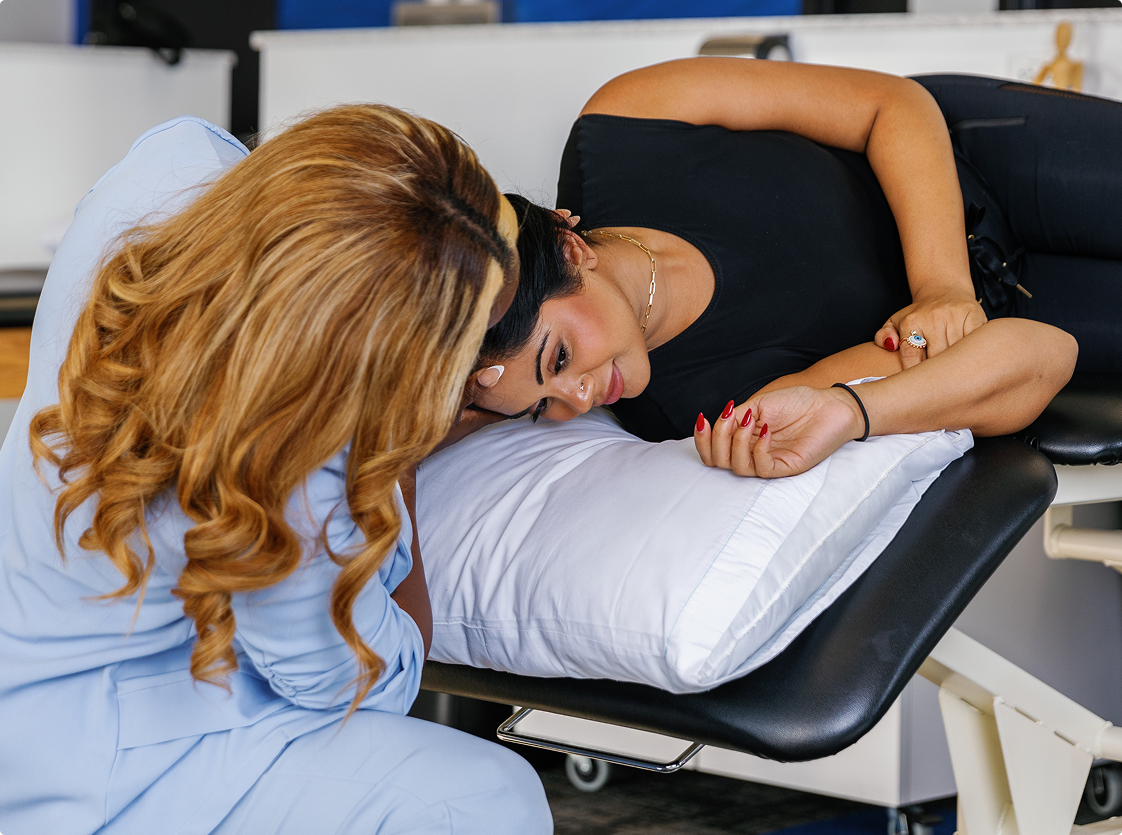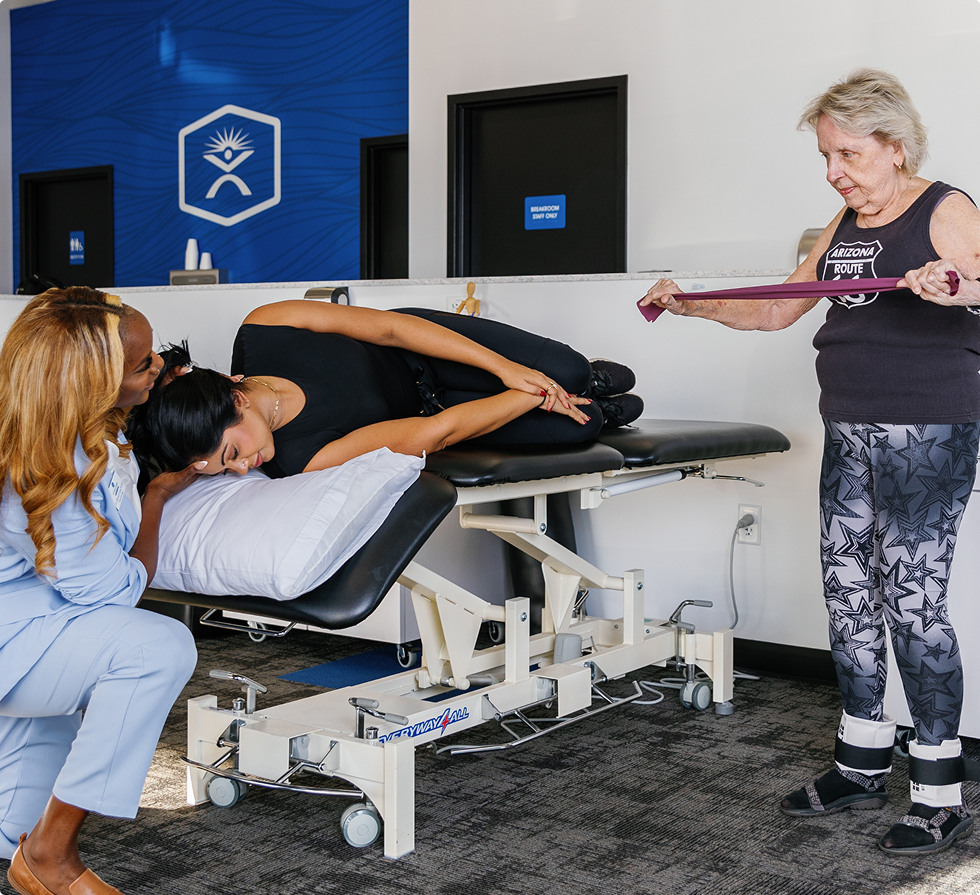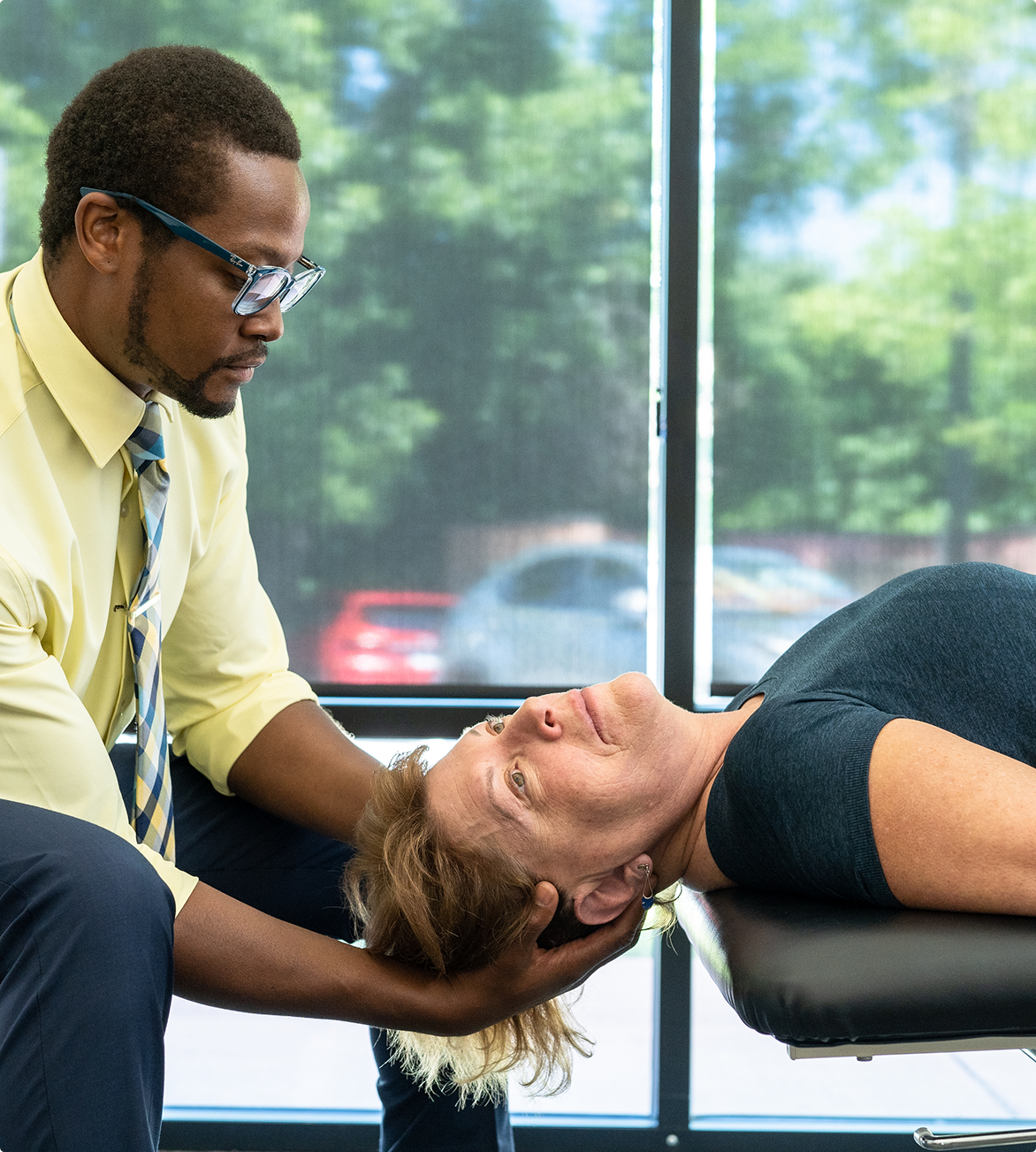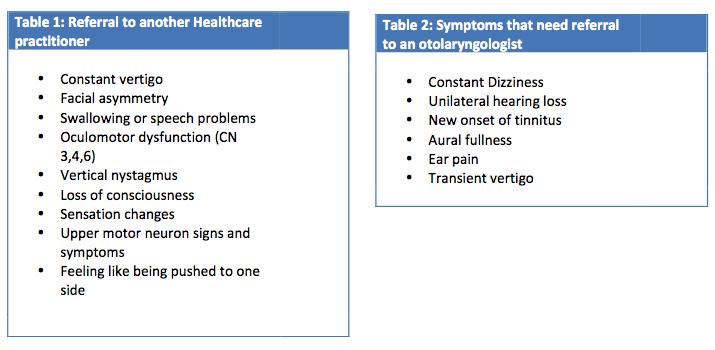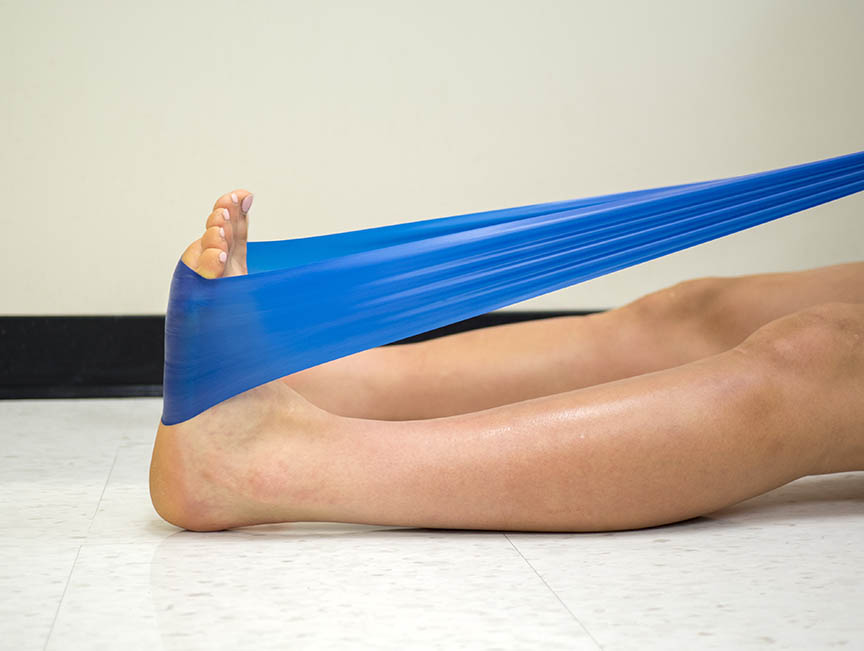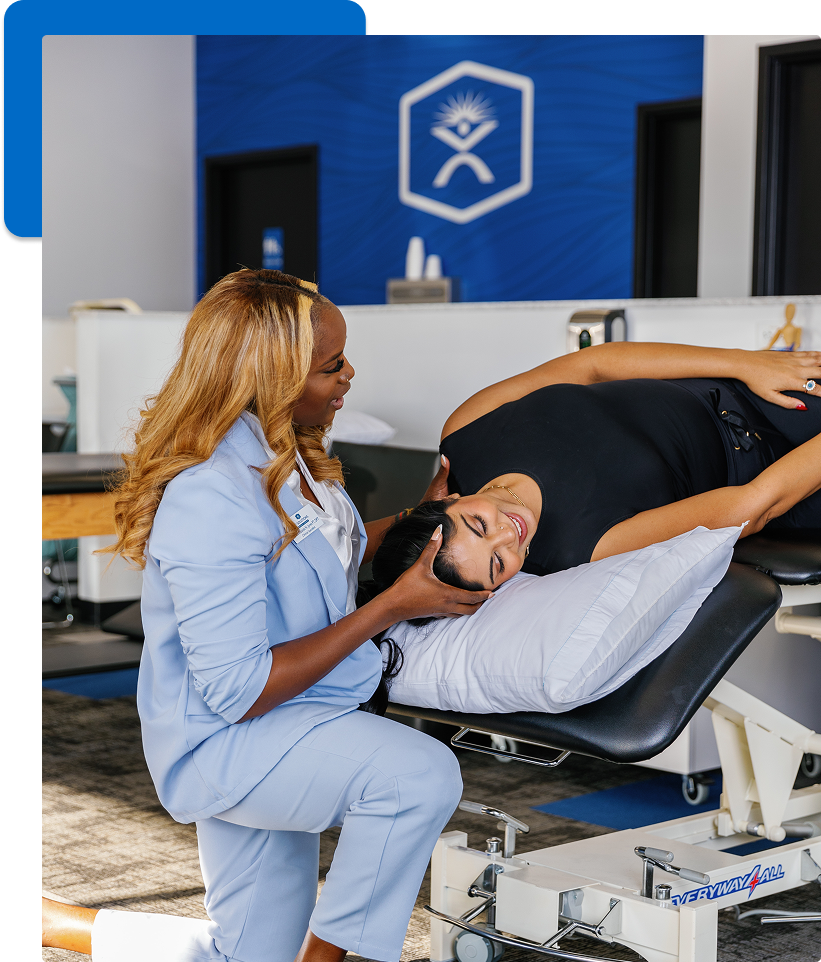
Understanding Vertigo
Vertigo Physical Therapy at PT Solutions
Vertigo is a feeling or sensation that you, or the world around you, is spinning. You might feel unstable, off-balance, and disoriented. There are several reasons why you may experience this altered sensation, and thankfully, physical therapy for vertigo can help provide you with lasting relief.
Signs and Symptoms of Vertigo
If you feel like you can’t keep your balance and like your world is spinning, then you may be experiencing vertigo. Vertigo can make you feel unsteady and unstable on your feet and leave you with a spinning sensation. Other symptoms of vertigo include a sudden increase in sweating, nausea, ringing or buzzing in your ears, and a loss of balance. Some people who experience vertigo also experience symptoms of headaches, hearing loss, and even vomiting.
Signs and symptoms of vertigo are typically not serious, though they can increase your chances of falling or impact daily activities. Stress can also make your vertigo symptoms worse. Older adults experiencing vertigo are at greater risk of suffering and hospitalization if vertigo leads to imbalance and a fall. Driving or riding in a car can also make your vertigo symptoms worse.

